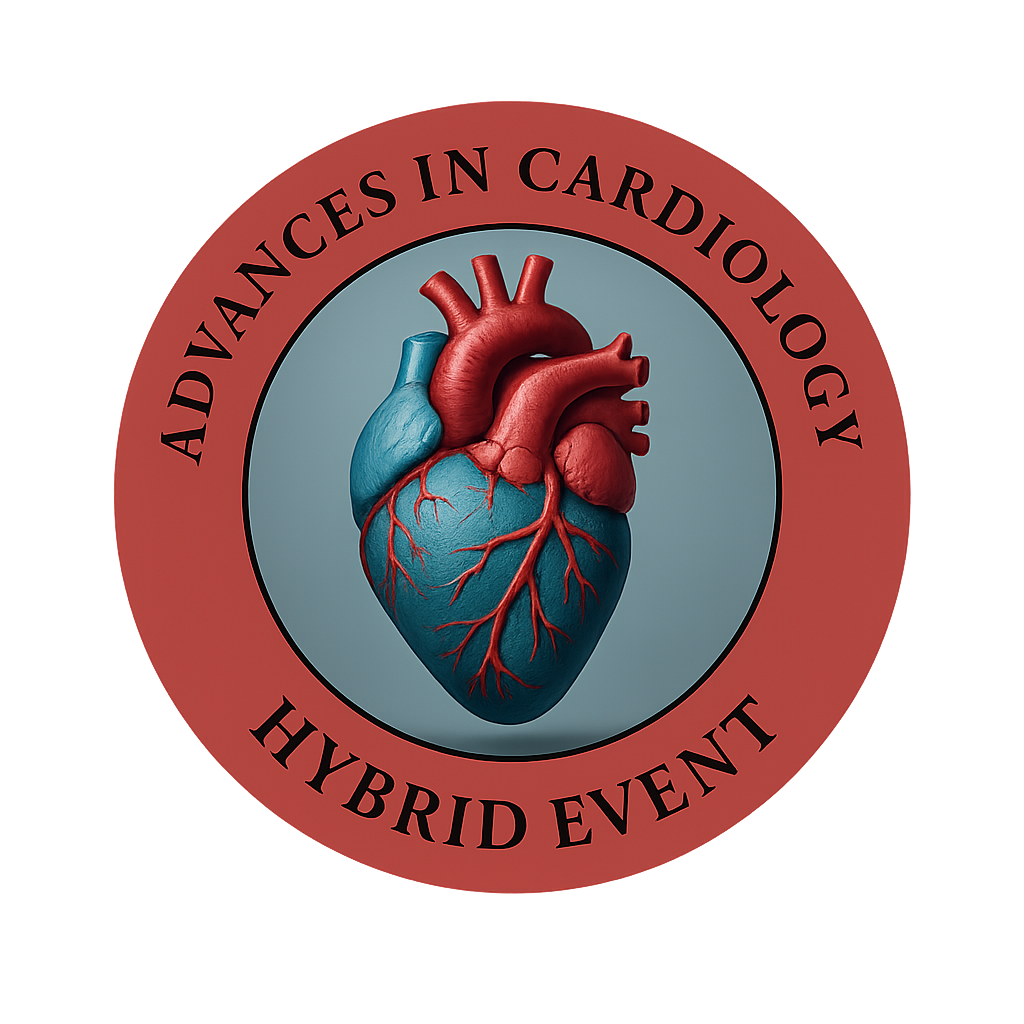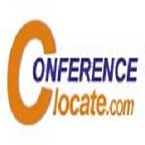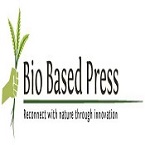Introductory welcome
“Join us at the International Conference on Advances in Cardiology, taking place on September 17–18, 2026 | Madrid, Spain. This premier event will gather leading cardiologists, researchers, healthcare professionals, and industry experts from around the globe to explore the latest innovations and advancements in cardiovascular medicine. The Conference will feature cutting-edge presentations on topics such as innovative cardiac imaging techniques, emerging therapies for arrhythmias, advancements in heart failure management, and the role of precision medicine and artificial intelligence in cardiology. Attendees will also benefit from interactive workshops, panel discussions, and poster presentations designed to facilitate knowledge exchange and stimulate innovative ideas. Save the date and join us for an unforgettable experience at Cardiology 2026.”
About
Cardiology is the medical specialty that focuses on the diagnosis, treatment, and prevention of disorders related to the heart and cardiovascular system. Cardiologists diagnose and manage conditions such as coronary artery disease, heart failure, arrhythmias, and valvular heart disease, using diagnostic tools like electrocardiograms, echocardiograms, and stress tests. Treatment options range from medications and lifestyle modifications to interventional procedures and surgery. The field is constantly evolving, with advances in imaging technologies, genetic research, and personalized medicine. By combining cutting-edge technology with compassionate care, cardiologists work to improve heart health and reduce the risk of cardiovascular disease.

Session and Tracks
Cardiology is the branch of medicine focused on diagnosing, treating, and preventing disorders related to the heart and cardiovascular system. Cardiac nursing is a specialized field within nursing that cares for patients with heart conditions, working closely with cardiologists and other healthcare professionals to provide comprehensive care, manage symptoms, and promote heart health. Cardiac nurses play a vital role in monitoring patients, administering medications, performing diagnostic tests, and educating patients and families about heart disease management and prevention.
Advances in cardiovascular medicine are transforming the field with innovative treatments and technologies. Artificial intelligence is being used to detect cardiac conditions with high accuracy, while gene editing and therapy show promise in treating genetic heart diseases. New medications, such as GLP-1 receptor agonists and SGLT2 inhibitors, are improving heart function and reducing cardiovascular events. Minimally invasive procedures like TAVR and bioresorbable stents are revolutionizing heart disease treatment. Additionally, wearable technologies, stem cell therapies, advanced imaging techniques, and robotics are enhancing diagnosis, treatment, and patient outcomes. These advancements are improving heart health and offering new hope for patients with cardiovascular disease.
Cardiovascular pharmacology and therapeutics involve the use of medications to manage and treat heart and blood vessel disorders. This field encompasses a wide range of drugs targeting various aspects of cardiovascular disease, including hypertension, heart failure, arrhythmias, and atherosclerosis. Key medication classes include ACE inhibitors, beta-blockers, calcium channel blockers, statins, and anticoagulants, each designed to address specific mechanisms underlying cardiovascular conditions. Advances in pharmacotherapy continue to evolve, offering more targeted and effective treatments with reduced side effects, ultimately aiming to improve patient outcomes and quality of life. Personalized medicine approaches are increasingly being integrated to tailor treatments to individual patient profiles.
Heart failure management involves a comprehensive approach to improve symptoms, slow disease progression, and enhance quality of life. Treatment typically includes medications such as ACE inhibitors, beta-blockers, and diuretics to reduce fluid overload and improve heart function. Lifestyle modifications like a low-sodium diet, regular exercise, and weight management are also crucial. In advanced cases, device therapies like implantable cardioverter-defibrillators (ICDs) or cardiac resynchronization therapy (CRT) may be used. Monitoring and follow-up with healthcare providers are essential to adjust treatments as needed and address any complications promptly. A multidisciplinary team approach often provides the best outcomes for patients with heart failure.
Artificial intelligence (AI) is transforming cardiology by enhancing diagnostic accuracy, streamlining clinical workflows, and personalizing patient care. AI algorithms can analyze vast amounts of medical data, including imaging and physiological signals, to detect cardiovascular diseases earlier and more accurately than traditional methods. For instance, AI-powered computed tomography (CT) angiography can quantify coronary artery stenosis and plaque characteristics with high precision, potentially reducing unnecessary invasive procedures. Additionally, AI-assisted electrocardiogram (ECG) monitoring enables early detection of ischemic events and arrhythmic complications, particularly in patients undergoing percutaneous coronary interventions (PCI). AI’s role in risk stratification extends beyond static plaque assessment, integrating clinical, genetic, and imaging data to facilitate real-time risk assessment and longitudinal plaque monitoring. By leveraging these capabilities, AI can improve patient outcomes, minimize adverse effects, and revolutionize cardiovascular medicine
Cardiac imaging plays a crucial role in diagnosing and managing cardiovascular diseases. Various imaging modalities, such as echocardiography, cardiac magnetic resonance imaging (MRI), computed tomography (CT) scans, and nuclear imaging, provide detailed images of the heart’s structure and function. These techniques help healthcare professionals assess cardiac anatomy, function, and blood flow, enabling accurate diagnoses and guiding treatment decisions. Cardiac imaging is essential for evaluating conditions like coronary artery disease, heart failure, and cardiomyopathies, and for monitoring disease progression and response to therapy. Advances in imaging technology continue to enhance image quality, reduce radiation exposure, and improve diagnostic accuracy.
Cardiovascular genetics is the study of genetic factors contributing to cardiovascular diseases, such as hypertension, coronary artery disease, and cardiomyopathies. Genetic testing can identify inherited conditions like familial hypercholesterolemia or hypertrophic cardiomyopathy, allowing for early intervention and personalized management. Advances in genomics and precision medicine enable healthcare providers to tailor treatments to an individual’s genetic profile, improving outcomes and reducing risks. Cardiovascular genetics also informs family screening and counseling, helping to prevent disease transmission and promote heart health across generations. By understanding the genetic basis of cardiovascular disease, researchers and clinicians can develop targeted therapies and more effective prevention strategies.
Heart regeneration and transplantation offer promising approaches for treating heart failure and other cardiac conditions. Heart transplantation remains a life-saving option for patients with end-stage heart disease, replacing a diseased heart with a healthy donor heart. Advances in immunosuppression have improved long-term outcomes for transplant recipients. Heart regeneration, on the other hand, aims to repair or replace damaged heart tissue using stem cells, gene therapy, or bioengineered heart tissue. Researchers are exploring ways to stimulate the heart’s natural repair mechanisms, promoting cardiac regeneration and potentially reducing the need for transplantation. These innovative approaches hold great potential for improving heart health and saving lives.
Cardiac arrhythmias refer to irregular heart rhythms, which can be too fast, too slow, or irregular, potentially leading to symptoms like palpitations, shortness of breath, or fainting. Cardiomyopathies are diseases of the heart muscle, which can lead to arrhythmias, heart failure, or sudden cardiac death. Types of cardiomyopathies include hypertrophic, dilated, and restrictive cardiomyopathy. Treatment for arrhythmias and cardiomyopathies may include medications, catheter ablation, implantable devices like pacemakers or defibrillators, or lifestyle modifications. Accurate diagnosis and management are crucial to prevent complications and improve quality of life for affected individuals.
Preventive cardiology focuses on reducing the risk of cardiovascular disease through lifestyle modifications and targeted interventions. Lifestyle medicine plays a crucial role in this approach, emphasizing healthy habits such as a balanced diet, regular physical activity, stress management, and adequate sleep. By promoting healthy lifestyle choices, preventive cardiology aims to mitigate risk factors like hypertension, high cholesterol, and diabetes, ultimately reducing the incidence of heart disease. Healthcare providers work with patients to develop personalized plans, empowering them to take control of their heart health and prevent cardiovascular events. This proactive approach can significantly improve overall well-being and longevity.
Key Takeaways
- Professionals in the industry: Those working in the field related to the webinar topic.
- Students and learners: Individuals interested in learning about the topic.
- Researchers and academics: Those conducting research or teaching in the field.
- Industry experts: Professionals with experience and knowledge in the topic.
- Anyone interested in the topic: Individuals who want to learn, network, or stay updated on the latest developments.
- Decision-makers: Professionals who can apply the knowledge gained from the webinar to their work.
- Those looking for professional development: Individuals seeking to enhance their skills, knowledge, or career prospects.
- Gain knowledge and insights: Learn from industry experts and thought leaders.
- Stay updated with the latest trends: Understand the latest developments and advancements in the field.
- Enhance professional development: Improve your skills and knowledge to stay competitive.
- Network with others: Connect with like-minded professionals, experts, and potential collaborators.
- Convenient and accessible: Attend from anywhere with an internet connection.
- Cost-effective: Eliminate travel and accommodation expenses.
- International Speaker Certificate: Receive a prestigious certificate acknowledging your expertise.
- B2B Discussion Opportunities: Engage in business-to-business discussions with industry leaders.
- Global Showcase: Present your expertise to an international audience of professionals and advocates.
- Prominent Feature: Get featured in event materials, promotions, and the conference website.
- Networking with Peers: Connect with fellow keynote speakers, researchers, and thought leaders.
- Official Conference Proceedings: Submit your talk for inclusion in the official conference proceedings or e-journal.
- Speaker Recognition: Receive a certificate acknowledging your contribution to the conference.
- Post-Event Learning: Access recordings of your session and others.
- Priority Networking: Enjoy early access to networking rooms and panel discussions.
Mode of Participation
A Keynote Speaker is a prominent expert or thought leader who delivers a keynote address, setting the tone or theme for the webinar. They share their insights, expertise, and perspectives on a specific topic, often inspiring and engaging the audience. Keynote speakers are typically chosen for their ability to captivate and inform, providing a foundation for the webinars discussions and debates.
A speaker is an individual who presents a talk, paper, or research findings during an webinar. They share their expertise, experiences, and insights with the audience, often providing valuable information and sparking meaningful discussions. Speakers can range from experts in their field to thought leaders, researchers, or practitioners, and play a crucial role in engaging and informing the audience.
A delegate is an individual who attends a webinar, often representing an organization or interest group. Delegates participate in discussions, networking, and learning opportunities, and may engage with speakers, sponsors, and other attendees. They may also contribute to decision-making processes or provide feedback on specific topics. In essence, delegates are participants who engage with the event content and community.
A Poster Presentation is a visual display of research, projects, or ideas presented on a poster board or display panel. Authors showcase their work, highlighting key findings, methods, and conclusions, and engage with attendees who visit their poster. This format allows for interactive discussions and feedback, providing an opportunity for presenters to share their work and receive input from others.
An E-poster Presentation is a digital display of research, projects, or ideas presented electronically, often through a screen or online platform. E-posters typically include visuals, text, and sometimes multimedia elements, allowing authors to showcase their work in an engaging and interactive way. This format enables attendees to explore and interact with the content digitally, often through touchscreens, laptops, or mobile devices.

Eminent speakers
Market Insights
The cardiology market is experiencing significant growth driven by advancements in medical technology, rising cardiovascular disease rates and an aging population. Key trends include the increasing adoption of minimally invasive procedures, artificial intelligence-enabled diagnostic algorithms and remote cardiac monitoring. The global cardiology market is projected to reach $340.3 billion by 2032, growing at a CAGR of 5.3%. North America dominates the market, while Asia-Pacific exhibits the fastest growth rate. Innovations in device technology, including miniature ventricular assist devices and bioengineered heart valves, are expected to drive further growth.








